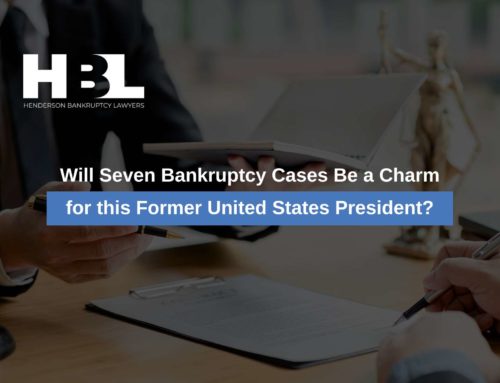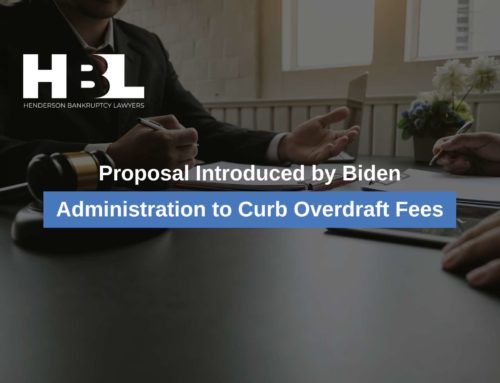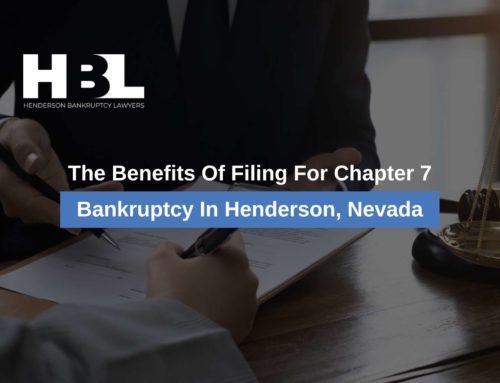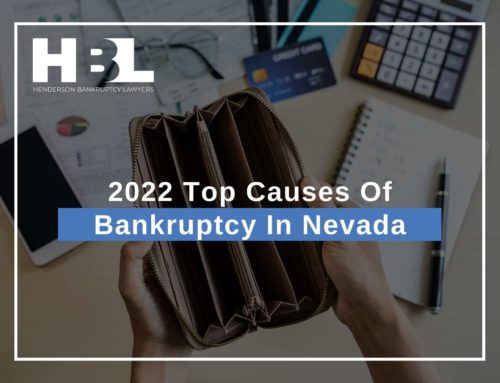Counterintuitive Bankruptcy Rates During Coronavirus Pandemic
When coronavirus first spread to the United States, leading to stay at home orders and business restrictions, many expected that bankruptcy rates would skyrocket. Unemployment rates have reached levels comparable to those during the Great Depression. Back in the last economic recession of 2008, bankruptcy rates went up a whopping 33 percent. However, economists are actually seeing a decrease in bankruptcy filings as compared to last year.

Chapters 7 and 13 are used by individuals struggling with debts, although Chapter 7 can also be used by a business that plans to shut down. Chapter 7 discharges unsecured non-priority debts, such as medical bills, credit cards, and personal loans. The process takes 4-6 months, and is only available to debtors under a certain income level. Chapter 13 doesn’t have the same income restrictions, and is also referred to as a “wage earner’s bankruptcy.” Debts are reorganized into a payment plan that lasts 3 years for filers who make less than the state median income, and 5 years for those who make more.
Personal Bankruptcy Filings Numbers Surprisingly Lower in 2020
Personal bankruptcies are actually lower than they were in 2019, possibly due to government benefit programs to stymy the financial effects of the pandemic. The Coronavirus Aid, Relief and Economic Security Act, or the CARES Act, was passed on March 27, 2020. The CARES Act provided many Americans with a $1,200 stimulus check, and provided an extra $600 per week in unemployment benefits to those laid off due to the pandemic. Pandemic unemployment assistance is now $400 per week. Many state governors have also enacted eviction moratoriums, which prevent anyone from losing their residence over nonpayment until the moratorium expires.
These measures may have prevented many from filing bankruptcy, but others may be dissuaded by the fact that debts are only discharged from before the filing date, and they can’t use credit cards during a bankruptcy. For those experiencing prolonged unemployment due to the coronavirus pandemic, it may be preferable to file when CARES Act benefits and eviction moratoriums expire, and when the debtor finds new employment and no longer relies on credit cards and other personal debts to make ends meet. The unemployment rate for September 2020 was 7.9%, compared to 3.5% in September 2020. Unless unemployment levels decrease to rates closer to last year’s, the bankruptcy rate may inversely increase as CARES Act benefits and other protections end.
Business Bankruptcies in Nevada Due to Covid- 19
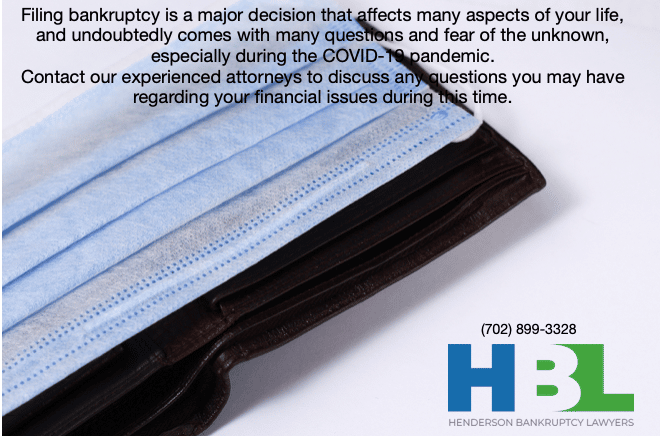
With businesses shut down for months, just finally beginning to reopen with strict guidelines that reduce profits, what explains the lower-than-expected rate of Chapter 11 bankruptcy filings? One explanation is the CARES Act. Another benefit the CARES Act provided was payroll protection loans for small businesses. However, the National Federation for Independent Business reported on October 1, 2020, that 86% of its members have already spent their entire payroll protection loan. Additionally, 49% of the NFIB’s members report that they expect to need additional funding in the coming year. Some businesses have rebounded quickly after reopening, and some landlords and suppliers have been flexible with their tenants, allowing some businesses to stay afloat.
Get Experienced Debt Relief Help Now from Our Nevada Bankruptcy Attorneys
If you are considering filing for bankruptcy or may be seeking some other form of debt relief, our Henderson bankruptcy attorney understands that this is a big decision. A decision that may not be ideal short term but has the future of you and your family at heart. It is a decision that undoubtedly comes with many questions and fear of the unknown. Our Nevada bankruptcy team is here to help answer your questions and provide you with expert debt relief as you move through the bankruptcy filing process.
Additionally, If you are a small business owner or an individual struggling with debt, you don’t need to wait until the pandemic is over to seek help. Filing Bankruptcy may not be the right step for you now, but being well-prepared for your case is the best way to have a smooth and stress-free bankruptcy. Begin your debt relief plan with your free consultation and bankruptcy evaluation with one of our experienced bankruptcy professionals today.
To learn more about declaring bankruptcy and bankruptcy terms, click here.

